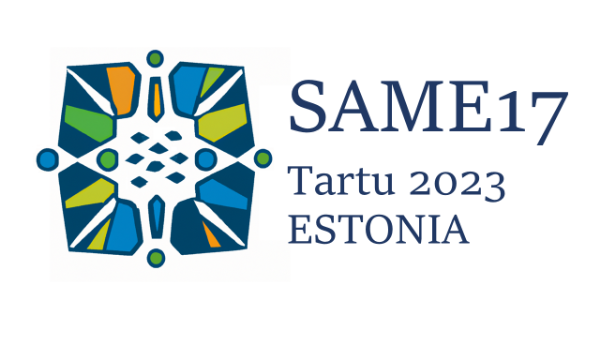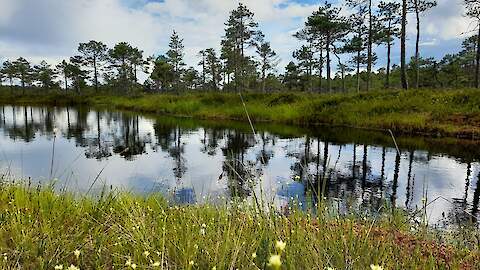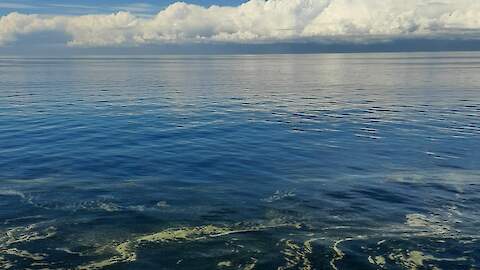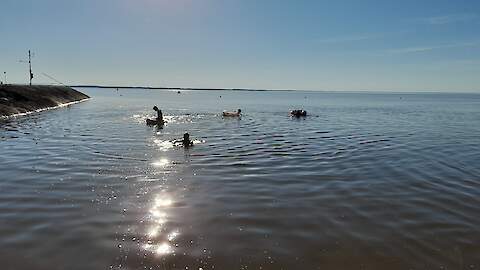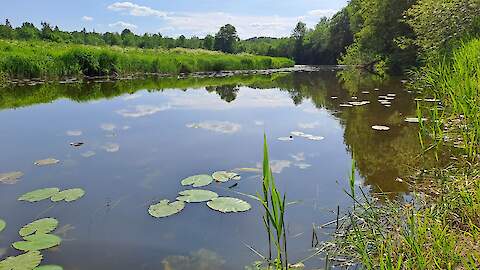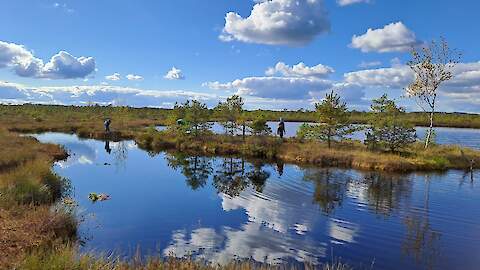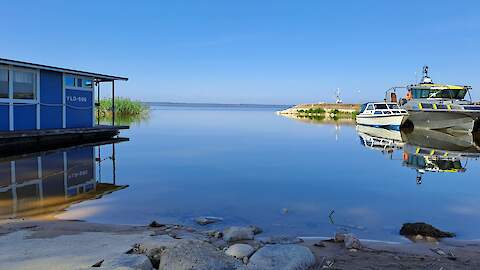- Plenary and Keynote Speakers
- Raffaele Siano
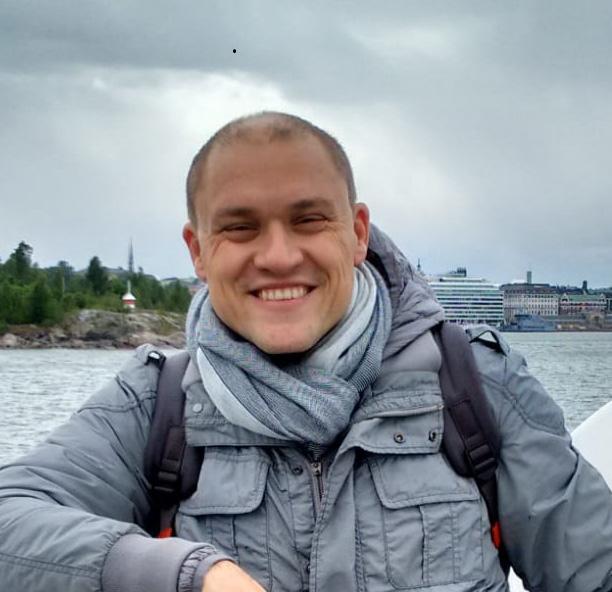
Raffaele Siano
Raffaele's keynot title is: Paleogenomics in coastal ecosystems for assessing biodiversity changes during the Anthropocene
During the Anthropocene, coastal ecosystems have increasingly suffered from the impact of human activities. Evaluating the effects of human pressure solely based on coastal monitoring data is challenging because these datasets cover only a few decades and do not include the pre-industrialization period. However, paleogenomics can help bridge this gap in biodiversity data. By utilizing sedimentary ancient DNA, it becomes possible to reconstruct the microbial communities of the past and investigate shifts in community and species dynamics over time. To determine whether observed variations in community and species are a result of human impact, biological observations can be combined with other paleo-ecological proxies, such as organic and inorganic pollutants. In the Bay of Brest (Brittany, France), paleogenetic studies have enabled approximately 1400 years of retrospective analysis. Irreversible shifts in protist paleocommunities have been attributed to traces of heavy metal pollution from the World War II period. During the 1980s and 1990s, changes in protist genera followed chronic agricultural contaminations, and the harmful species Alexandrium minutum progressively proliferated throughout the 20th century. Ongoing projects (ECOMINE, BioOcean5D, TREC) are currently underway in both the South Pacific (New Caledonia) and European ecosystems that have experienced variable changes over time due to human pollution. These projects aim to assess the impact of humans on coastal areas in a broad perspective and evaluate ecosystem resilience in the face of pollution.
